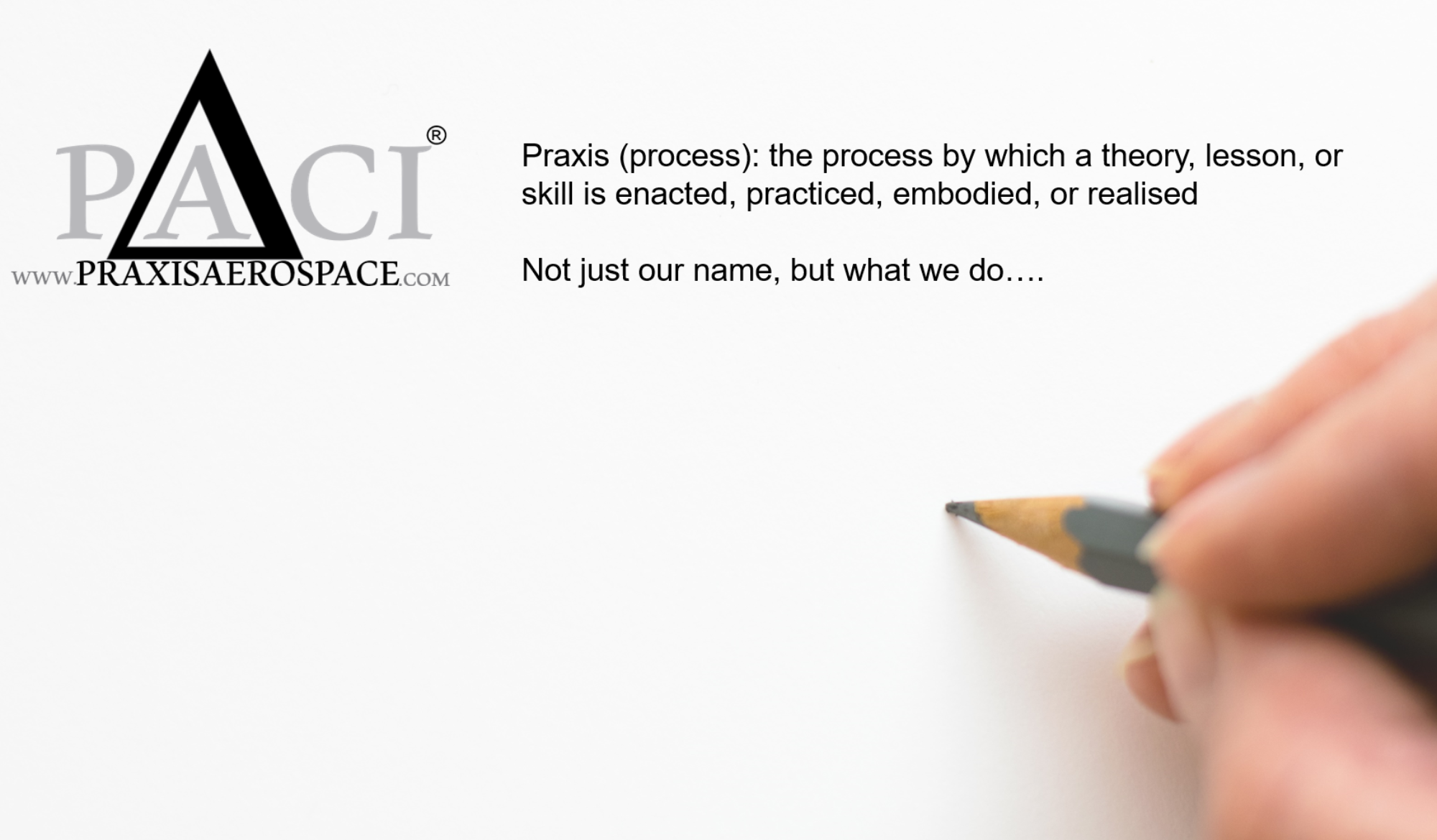Developing flight-time and education requirements is key to the future of the industry, said Art Eggers, applied technology professor at the College of Southern Nevada.
“We offer a two-year applied science degree in engineering technology,” Eggers said. “We are interested in potentially partnering with Nevada State to create a four-year degree. I can’t put everything into my two-year degree. If I can turn it into a three-plus-one (with Nevada State) … I can add those advanced elements as the technology grows and build it into a four-year degree program.”
Creating more internships is also essential for the industry to grow its workforce in the state, Jonathan Daniels, consultant, educator and researcher for Henderson-based Praxis Aerospace said.
“I’ve had nine interns, seven from UNLV and two from CSN, I love them, they’re my favorite people to work with,” Daniels said. “I was heartbroken when our top intern got pulled by NASA … We couldn’t talk her out of it — it was NASA!”
Nevada has developed a global reputation for its drone industry, Daniels said. “Some of that is tied to military, but in the last five years some of that has shifted toward commercial as well,” he said.
With that reputation and several other advantages the state offers, Daniels said there is no shortage of tech companies wanting to come here and test out their latest advancement.
“We have some great natural resources and weather here,” he said. “We also have some fantastic infrastructure related to wireless and our airports.”
Read the full article from the Las Vegas Sun here .

